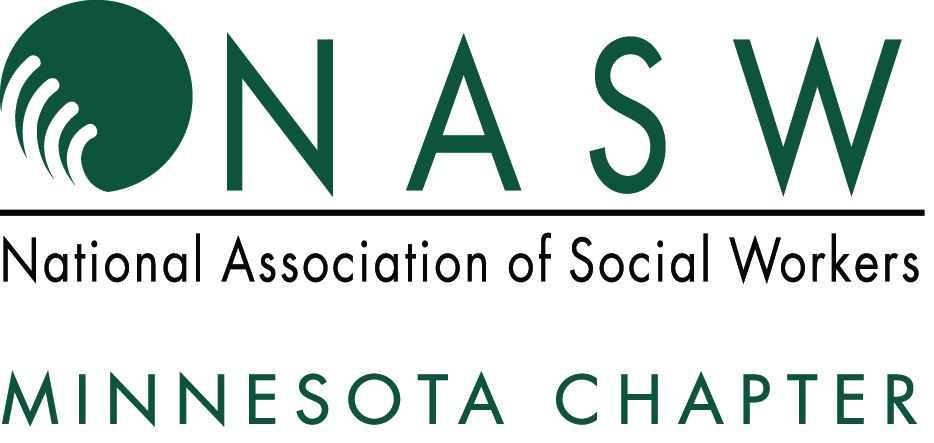Medical Aid in Dying (MAiD) was made legal in Washington over 15 years ago through the Death with Dignity (DwD) Act and is available to individuals in Washington with 6 months or less life expectancy due to terminal illness. The original law was amended in 2023 to decrease barriers to access. One of the key amendments to the law was to broaden who can perform a psychiatric assessment for patients who need one. This assessment can now be conducted by a state-licensed psychiatrist, psychologist, independent clinical social worker, advanced social worker, mental health counselor, or psychiatric advanced registered nurse practitioner.
Although a psychiatric assessment is only necessary in about 3% of MAiD cases, independent clinical and advanced social workers should know how to perform one, since this can often save valuable time for patients who are trying to access MAiD. It is also important for all social workers to be well versed in the topic of MAiD since the NASW policy, Client Self-Determination in End-of-Life Decisions, states that “Social workers have an important role in helping individuals identify the end-of-life options available to them. A key value for social workers is client self-determination” (NASW, 2003). Even if social workers are not performing the assessment themselves, they can advocate for patients who need one and help connect them with the right provider.
This workshop will introduce participants to the basics of MAiD. It will also provide a detailed overview of best practices for conducting psychiatric assessments, including assessing patients’ capacity, writing a report, and submitting the required paperwork.
Workshop participants will also work through case studies and small group discussions to build skills in end-of-life support scenarios. End-of-life decision-making includes ethical, religious, cultural, emotional, legal, and policy concerns and concerns individual’s deepest fears, values, and beliefs. Social workers have training and expertise in working with complicated intersections of individual, family, community, and culture and have important roles as clinicians, educators, researchers, advocates, and community leaders. This workshop will help advance these skills relating to Medical Aid in Dying (MAID) to improve care and support for those facing terminal illness and unacceptable suffering.
Learning Objectives- Describe the basic qualifications and process for Washington’s Death with Dignity Act/Medical Aid in Dying (MAiD).
- Understand the process for conducting the psychiatric evaluation of a MAiD patient
- Discuss how culture and values can complicate end-of-life decision-making.
- Utilize End of Life Washington resources to ethically support the self-determination of individuals facing terminal illness and unacceptable suffering.

 Adding Registration, Please wait...
Adding Registration, Please wait...








